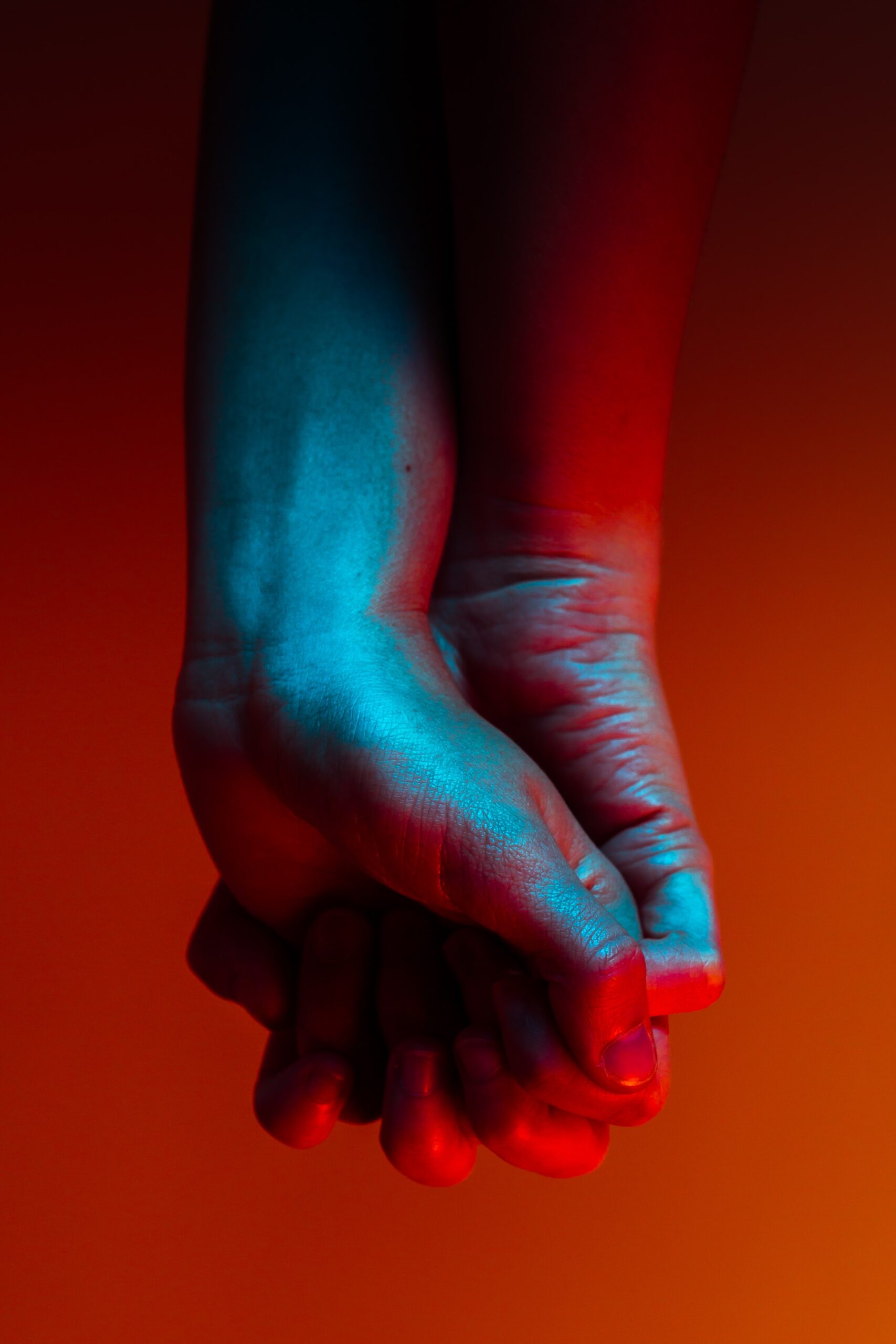On a global scale, there has been increasing involvement of the carceral state in issues of gender. This is demonstrated by contemporary legislation punishing homosexuality, conversations around gender identity, and the divergence from a binary gender identity. Discrimination is exacerbated by the effects of global democratic backsliding. Democratic backsliding refers to the elimination of political institutions and processes in a democracy.[1] This essay will briefly discuss the intersection of the carceral state and gender by examining Uganda’s Anti-Homosexuality Act, the use of gendered language in international documents, and the rise of gender discrimination in the face of democratic backsliding.
In May of 2023, Uganda’s President assented to the Anti-Homosexuality Act; this is one of the harshest anti- homosexuality bills that has been seen internationally. [2] The passage of the Anti-Homosexuality Act demonstrates how LGBTQ + rights are being assaulted in a landscape of global democratic backsliding. Moreover, this Anti-Homosexuality Act exhibits the expansion of the carceral state as it relates to sexual orientation and gender identity.[3] Individuals that violate §2, the offense of homosexuality, of the Anti-Homosexuality Act are liable for life imprisonment.[4] The Anti-Homosexuality Act does not simply prohibit sexual relations between persons, but it also makes the “promotion or recognition of sexual relations between persons of the same sex” criminal.[5] The definition of homosexuality under the Anti-Homosexuality Act necessitates gender binary division. The Anti-Homosexuality Act makes no mention of the broad spectrum of gender identity and presentation.[6] The promotion of homosexuality, as defined by the Anti-Homosexuality Act, is broad and ambiguous and criminalizes even those who provide housing.[7] This lack of definition makes it easier for the state to imprison individuals that do not adhere to heterosexuality or the gender binary. The Anti-Homosexuality Act outlines the penalty for promoting homosexuality subject to imprisonment of up to 20 years.[8] This Act creates a relationship between harsh imprisonment and gender identity. Ignoring the nuances of gender yet requiring a gender binary through limited language concerning sex, engrains the gender binary into Uganda’s punishment system.
The post-colonial world demands the existence of marginalized communities; this includes LGBTQ+ community. However, the recent trend of global democratic backsliding requires a closer examination of policy and legislation criminalizing sexual orientation and gender identity. Indeed, international legislation has perpetuated an assumption of a gender binary. The founding document of the International Criminal Court makes such an assumption. The Rome Statute only defines two categories for gender.[9] The Anti-Homosexuality Act continues this trend of imposing a strict gender binary in the legal and criminal systems. Punitive punishment in Uganda takes the form of fines, imprisonment, or the death penalty.[10] Due to chronic poverty, imprisonment is the most common punishment.[11] The Anti-Homosexuality Act outlines all three of these forms of punishment. However, the harshness and severity of imprisonment and the death penalty are at the heart of this Anti-Homosexuality Act. In essence, the Anti-Homosexuality Act seeks to create deep systematic separation between those that conform with a heterosexual gender binary and those who do not. At large, the international legal system has deeply rooted assumptions of gender which relate to sexual orientation. The expansion of punishment through imprisonment perpetuates an institutionalized gender binary that only aids the assault on LGBTQ+ rights.
Briefly put, democratic backsliding describes the breakdown of democratic institutions and the rise of regimes that are unambiguously authoritarian.[12] According to Freedom House, Uganda has transitioned from a “partly free” to a “not free” country with low scores surrounding Individual Rights.[13] Uganda is not the only country that has exhibited this trend. Democratic backsliding is happening globally often accompanied with the abolishment of institutions that protected the rights of marginalized communities.[14] Uganda’s legislation criminalizing homosexuality is an example of an increasingly authoritarian government evidenced by the reduction of individual liberties.
As long as the carceral state remains connected to gender identity, there will continue to be limitations on LGBTQ+ rights globally. Freeing gender identity from the carceral system will open pathways for liberation on behalf of the LBGTQ+ community. Liberation for marginalized communities demands the removal of the carceral state from social issues. Legislature like Uganda’s Anti-Homosexuality Act is possibility a prediction for the current trajectory of interactions between state punishment and issues of gender and sexuality.[15]
[1] Nancy Bermeo, On Democratic Backsliding, John Hopkins University Press (Jan. 2016), https://muse.jhu.edu/article/607612.
[2] The Anti-Homosexuality Act, 2023 (Uganda).
[3] Deborah M. Weissman, Gender Violence, the Carceral State, and the Politics of Solidarity, 55:801 U.C. Davis L. Rev. 803, 819-830 (2021).
[4] Supra note 2 at §2.
[5] Supra note 2 at §1.
[6] Id.
[7] Id. at §11 (2) (a-e).
[8] Id. §11 (1).
[9] G.A. Res. 3314, Rome Statute of the International Criminal Court, art.7 ¶ 3(Jul. 17, 1998).
[10] Simon Robins, Restorative approaches to criminal justice in Africa, Institute for Security Studies 57, 61 (2015).
[11] Id.
[12] Supra note 1.
[13] Uganda: Freedom in the World 2023 Country Report, Freedom House, https://freedomhouse.org/country/uganda/freedom-world/2023.
[14] Freedom in the World 2023, Freedom House (Mar. 2023), https://freedomhouse.org/sites/default/files/2023-03/FIW_World_2023_DigtalPDF.pdf.
[15] Supra note 2 at §3.


